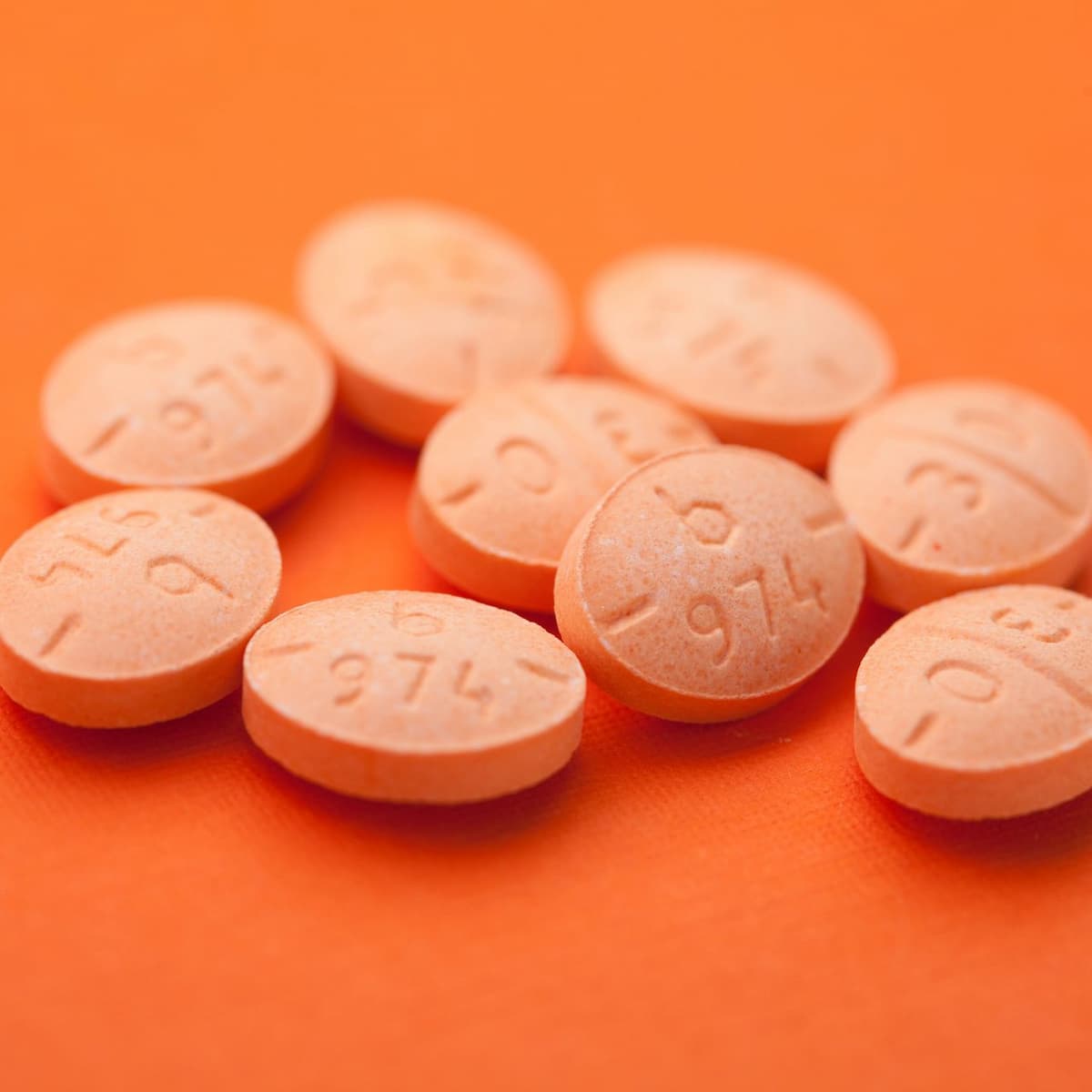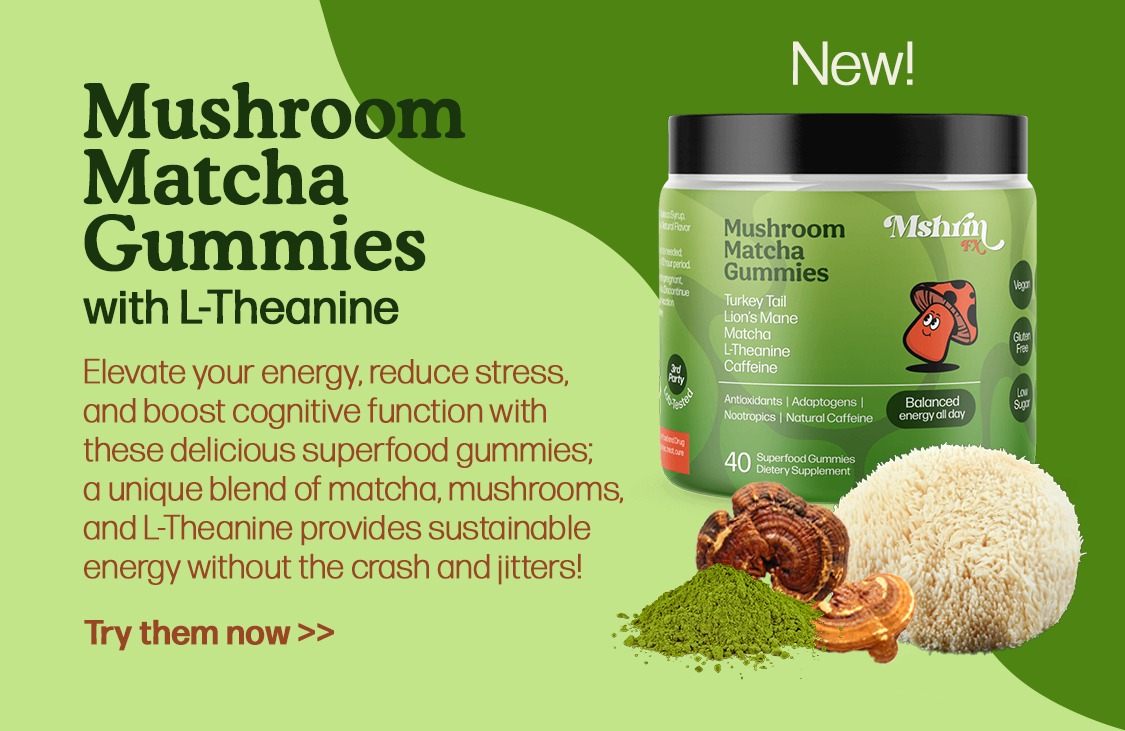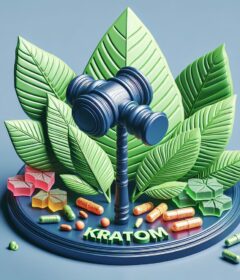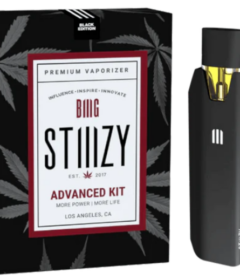Adderall Shortage & Alternatives

Adderall shortage alternatives are a hot topic few are talking about. The current shortage of Adderall, a prescription medication used to treat Attention Deficit Hyperactivity Disorder (ADHD), has become a cause of concern for many individuals who rely on the medication to manage their symptoms. Let’s explore what Adderall is, what it is used for, why there is a shortage, how long consumers can expect it to last, and what they can do, including some legal Adderall alternatives and tips.
What is Adderall and What is it Used For?
Adderall is a medication that is used to treat ADHD. However, it is currently facing a shortage, causing concern for many individuals who rely on the drug to manage their symptoms. Non-stimulant medications such as atomoxetine and viloxazine are FDA-approved to treat adult ADHD, while guanfacine is approved for children. These medications increase the availability of norepinephrine and have side effects similar to stimulants. The shortage of generic Adderall is ongoing with no end date. Additionally, Alvogen expects their generic Adderall shortage to last until mid-April.
Attention Deficit Hyperactivity Disorder (ADHD) is a neurodevelopmental disorder affecting children and adults. It is characterized by inattention, hyperactivity, and impulsivity. According to a recent article, there is a shortage of Adderall, one of the most commonly prescribed medications for ADHD. This shortage has caused concern for parents and clinicians who are looking for alternatives to manage the symptoms of ADHD.
Why is There a Shortage of Adderall?
The current shortage of Adderall is due to a combination of factors, including increased demand and supply chain disruptions caused by the COVID-19 pandemic. The demand for Adderall has recently increased by almost 27%, with prescriptions jumping from 35.5 million in 2019 to 45 million in 2022. Additionally, supply chain disruptions have impacted the availability of the active pharmaceutical ingredients (APIs) needed to manufacture the drug.
This Adderall shortage has had ripple effects, as consumers now search for legal Adderall alternatives and tips on how to manage their ADHD or other medical disorders.
How Long Will the Adderall Shortage Last?
It is difficult to predict exactly how long the Adderall shortage will last, as it depends on a number of factors such as production capacity, demand, and supply chain stability. According to the FDA, shortages of the immediate-release formulation of amphetamine mixed salts, which includes Adderall, are expected to continue until at least mid-2023. However, some experts predict that the shortage could last longer.
RELATED: Best Nootropics For Students
Managing ADHD during a Medication Shortage
During a medication shortage, staying in close communication with your clinician is important. They can guide alternative medications and strategies for managing symptoms. Maintaining a healthy lifestyle, including regular exercise, a balanced diet, and consistent sleep patterns, is also important. While Adderall alternatives exsist, currently quality of life is one of the biggest factors we have control over regarding our health during mediciation shortages.
Additionally, it can be helpful to create a structured routine and environment to help manage ADHD symptoms. This may include setting specific times for daily activities, such as meals, homework, and bedtime. It may also include minimizing distractions, such as limiting screen time and creating a quiet study area.
ADHD can be challenging to manage, especially during a medication shortage. However, there are several alternative medications and non-medication strategies that can be helpful in managing symptoms. It is important to consult with your clinician to determine the best treatment plan for you or your child. By staying in close communication with your clinician, maintaining a healthy lifestyle, and creating a structured routine and environment, you can help to manage ADHD symptoms during a medication shortage.
Non-Medication Strategies for Managing ADHD
While medication is important in managing ADHD symptoms, several non-medication strategies can be helpful. These strategies include behavioral therapy, cognitive-behavioral therapy, and mindfulness-based practices. Behavioral therapy involves identifying problem behaviors and developing strategies to manage them, while cognitive-behavioral therapy focuses on changing negative thought patterns and behaviors. Mindfulness-based practices, such as meditation and yoga, can help to reduce stress and increase attention and focus.
It is important to note that these non-medication strategies may not be effective for everyone and are not a substitute for medication. It is recommended that you consult with your clinician to determine the best treatment plan for you or your child.
Natural Alternatives to Adderall
Additionally, there another alternative to Adderall is the use of natural supplements. These include:
- Rhodiola rosea: an herb that has been shown to improve focus, reduce fatigue, and increase mental clarity.
- Ginseng: a root that has been used for centuries to enhance memory and concentration.
- L-theanine: an amino acid found in green tea that promotes relaxation and reduces anxiety without causing drowsiness.
- Bacopa monnieri: an herb that has been used in traditional medicine to enhance cognitive function and reduce anxiety.
- Creatine: a supplement commonly used by athletes to improve physical performance, but it also has been found to improve cognitive function and memory.
Adderall Prescription Alternatives
Several medications are available as alternatives to Adderall for the treatment of ADHD. Methylphenidate, commonly known as Ritalin, is one such medication. It works similarly to Adderall by increasing neurotransmitters in the brain that help regulate attention and behavior. Other alternatives to Adderall include dexmethylphenidate (Focalin), lisdexamfetamine (Vyvanse), and atomoxetine (Strattera). Bear in mind the Adderall shortage alternatives are increasing as we type since the demand doesn’t seem to be satisfied anytime soon.
It is important to note that these medications have different mechanisms of action and varying side effects. You should consult your clinician to determine which medication is best for you or your child based on individual needs and medical history. Switching medications without consulting with your clinician first is not recommended, as not all ADHD medications are equivalent.
What Can Consumers Do in the Meantime?
If you or a loved one rely on Adderall to manage symptoms of ADHD or narcolepsy, you can do a few things to cope with the current shortage. First, talk to your healthcare provider about alternative medications or non-medication treatments for ADHD, such as psychotherapy or lifestyle modifications. Additionally, it may be helpful to contact your pharmacy regularly to check the availability of Adderall or alternative medications.
Finally, it is important to manage your ADHD symptoms, such as practicing good sleep hygiene, staying organized, and minimizing distractions, to the best of your ability.






